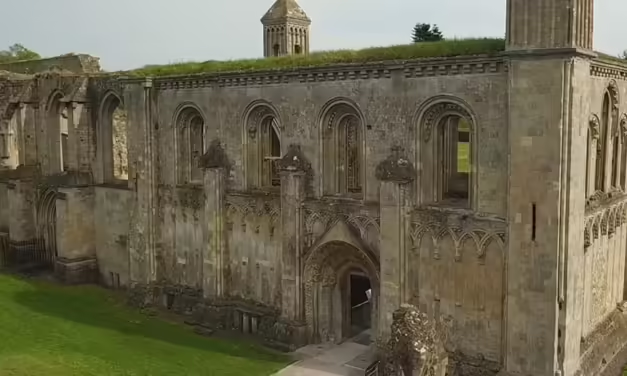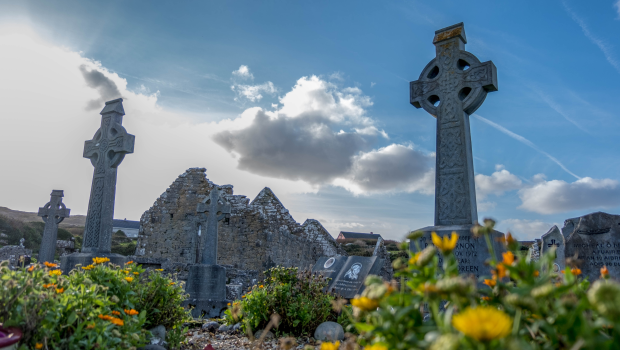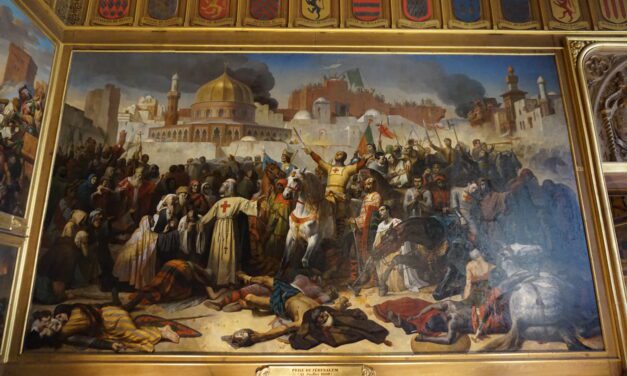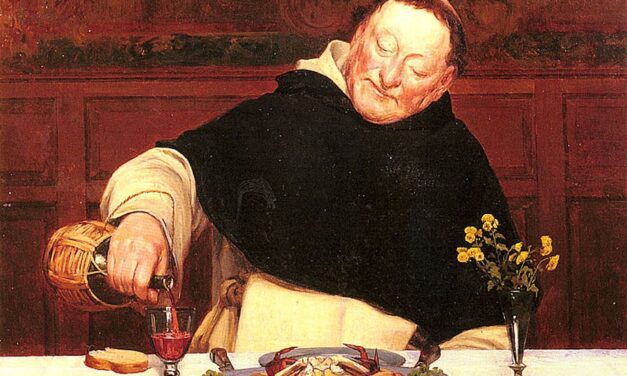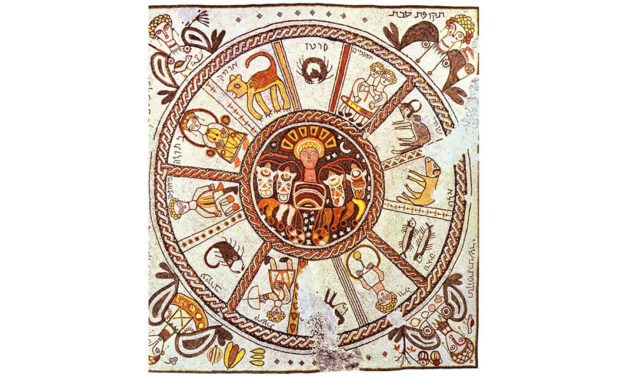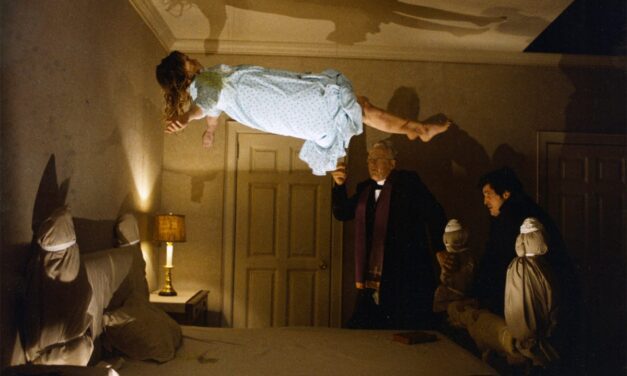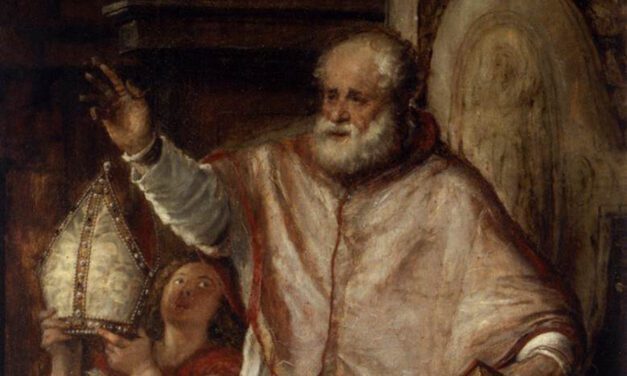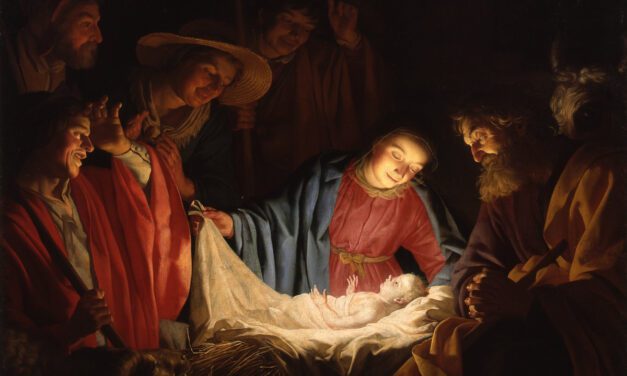Glastonbury: archaeology is revealing new truths about the origins of British Christianity
Reading time: 5 minutes
Many Christians believe that Glastonbury is the site of the earliest church in Britain, allegedly founded in the first or second century by Joseph of Arimathea. According to the Gospels, Joseph was the man who donated his own tomb for the body of Christ following the crucifixion. By the 14th century, it was popularly believed that Glastonbury Abbey had been founded by the biblical figure of Joseph. The legend emerged that Joseph had travelled to Britain with the Grail, the vessel used to collect Christ’s blood. For 800 years, Glastonbury has been associated with the romance of King Arthur, the Holy Grail and Joseph of Arimathea. Later stories connected Glastonbury directly to the life of Christ.

